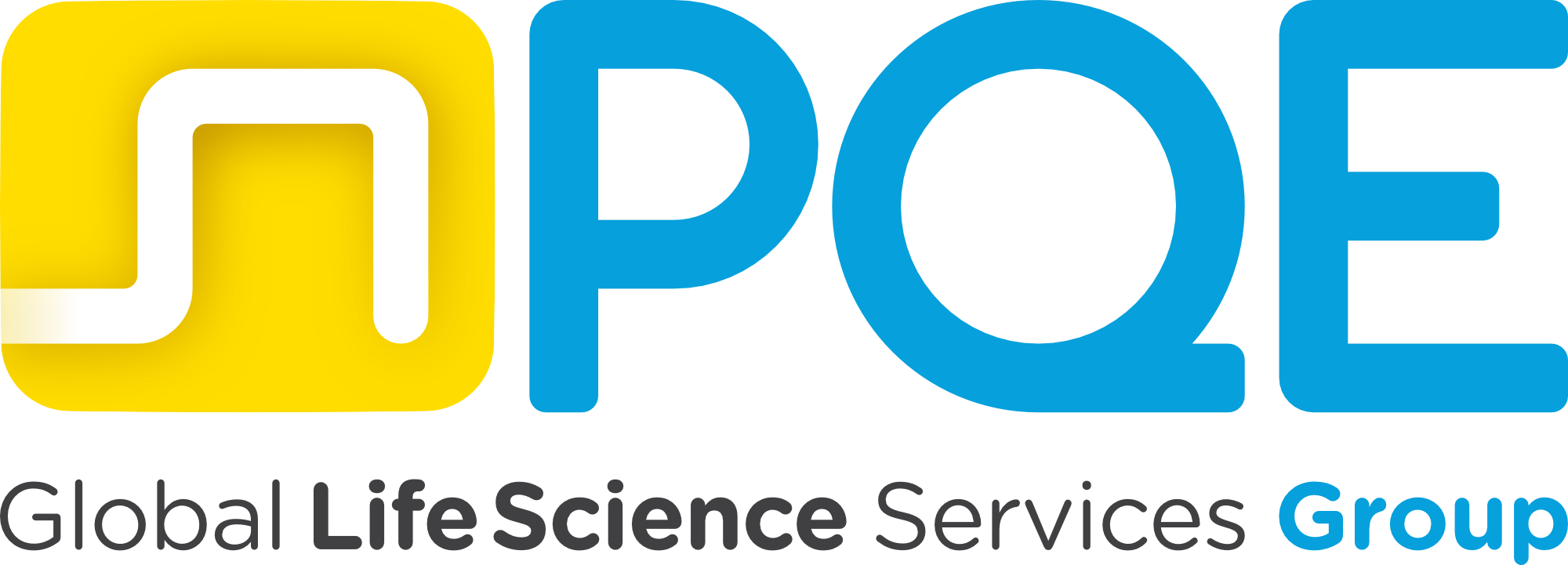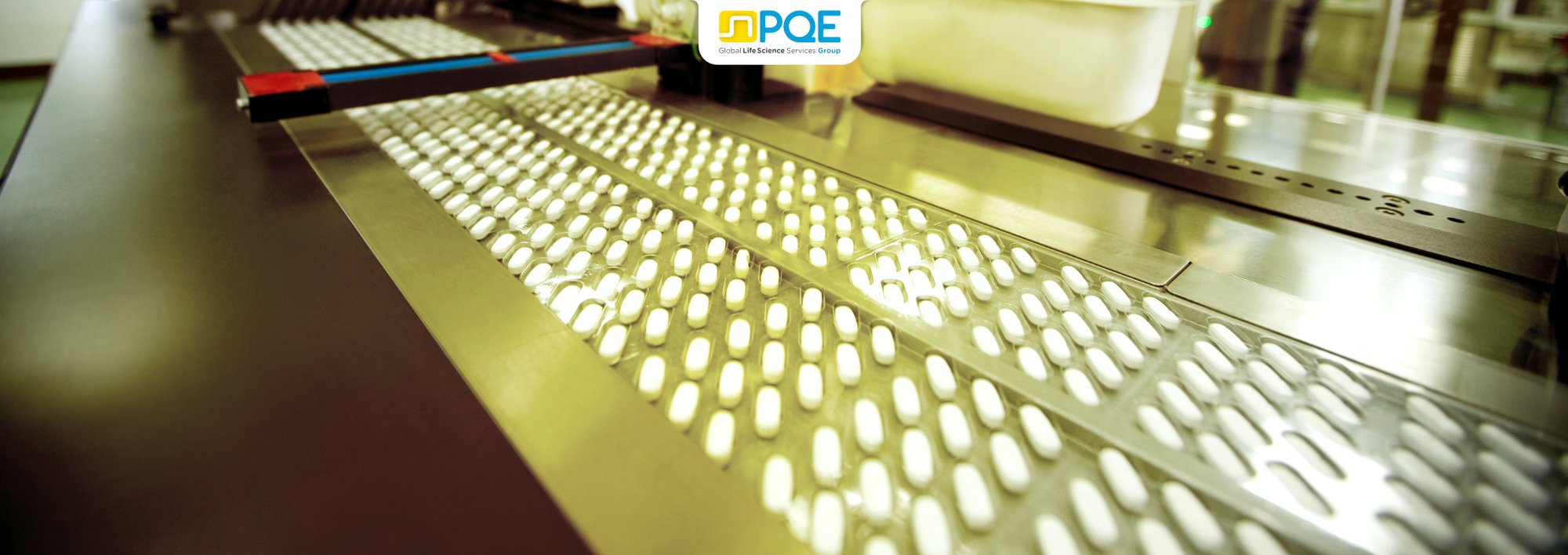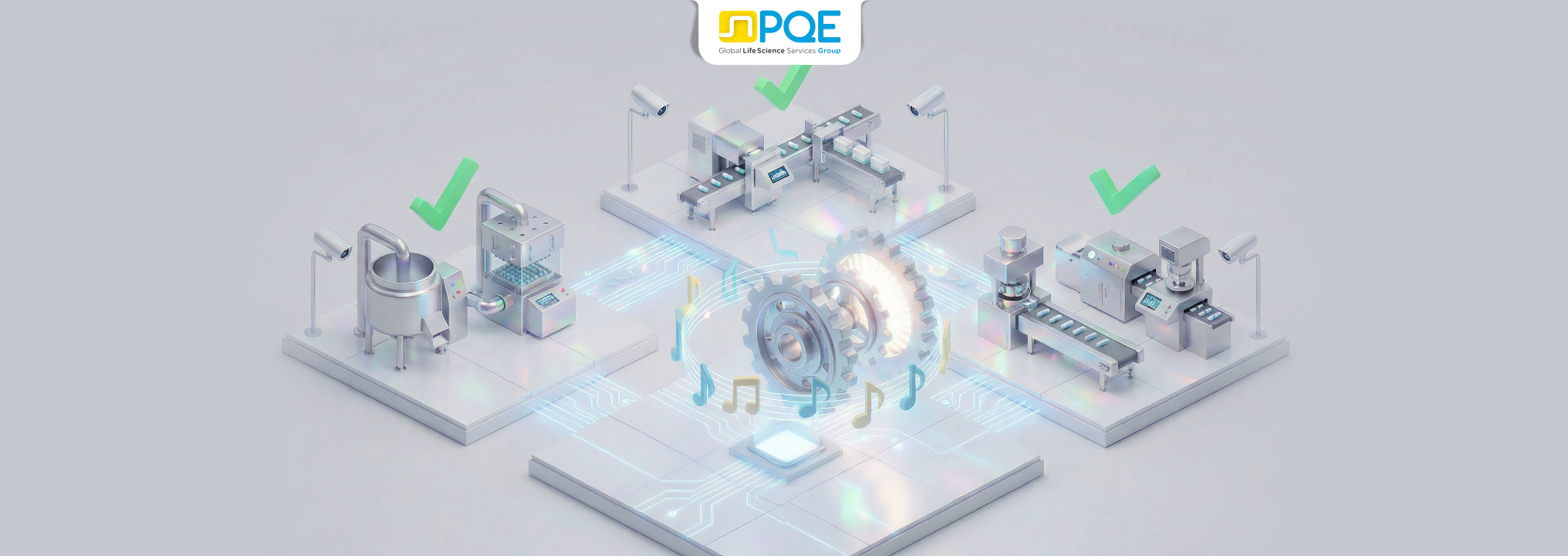Introduction to the validation phases
In an effort to clarify and specify the validation process, it is important to understand that while validation refers to the entire process, commissioning and qualification are phases included in it.
Phases and the meaning of them are often confused because in the validation process, there are qualification activities that are very similar to the commissioning activities; similar, but different in purpose, effect and subsequent steps.
Commissioning (FAT/SAT)
Commissioning is a phase provided by the supplier and divided by Factory Acceptance Tests (FAT) at the supplier site and Site Acceptance Tests (SAT) at the customer site. Commissioning is necessary to guarantee that machines and equipment sold and delivered to the customer have been designed and built according to the customer’s needs and official User Requirement Specifications (URS), as per the contract. Performing a good commissioning is mainly in the best interest of the supplier that works in quality as per its own standards, always considering the final scope and the final client requirements
THE CUSTOMER QUALITY DEPARTMENT AND PROCESS METHODS/SOP ARE NOT INVOLVED DURING COMMISSIONING. For this reason, customer presence is not mandatory during FAT and SAT, in terms of quality and process, but it is still desirable to check what has been completed and important to ensure that it is exactly what has been agreed to in the contract.
The final step of the commissioning is the passing of the equipment from the supplier to the customer, which then officially becomes the owner.
Installation & Operational Qualification (IQ/OQ)
In this phase of the validation, the final customer is the owner of the equipment. ITS OWN AND SOLE RESPONSIBILITY is testing and qualifying functionalities and activities with precise quality standards as per pharma guidelines (e.g., GMP) and internal operating procedures, based on the type of process and production that must be performed considering the scope of the final product that will be proposed in the market.
Technical differences between commissioning and qualification
Commissioning is an agreement between supplier and customer, and the documents necessary to perform it can be created without considering quality process, but focusing on functionality of the equipment to be considered as a “stand alone” system.
Qualification documents must be much more highly regulated and fitted to the entire pharma process because they must be presented to institution regulatory departments. In theory, qualification should refer only to the phases that must guarantee the quality of the final pharmaceutical product throughout the whole process.
Final scope of the qualification
The ultimate goal is to obtain authorization to produce the pharmaceutical product (drug) from regulatory authorities dedicated to this purpose.





